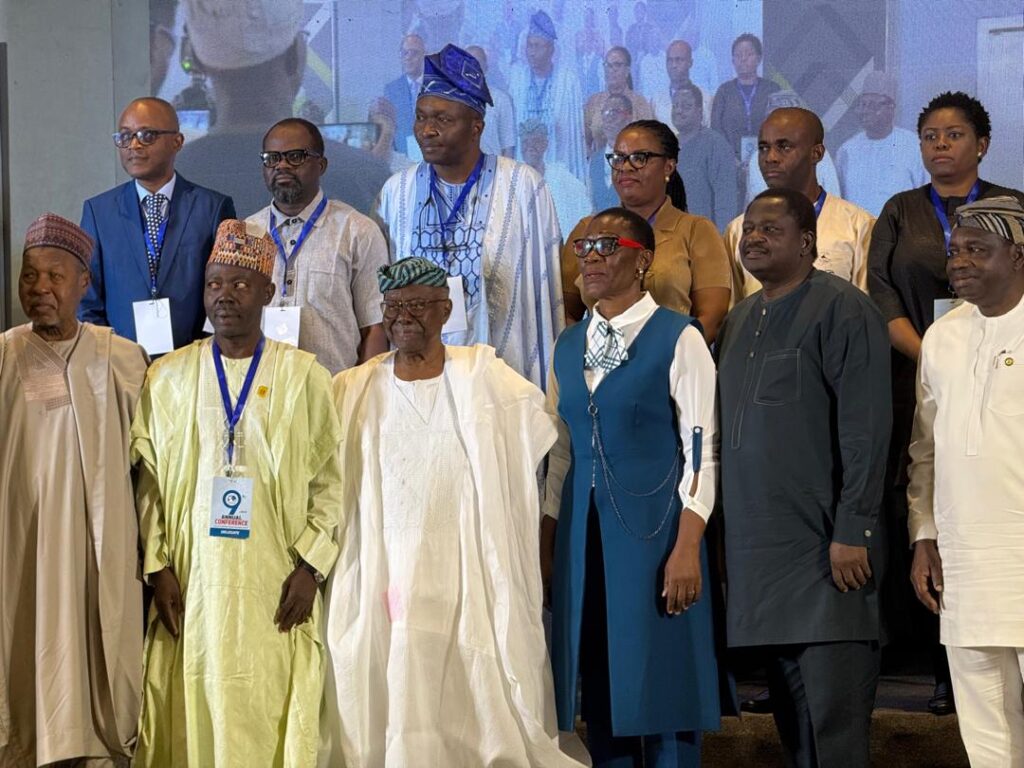- Safiu Kehinde
Former Katsina State Governor, Aminu Masari, has listed reasons political office holders struggle to keep their campaign promises.
Masari made this known during his address at the 2025 annual conference of the Guild of Corporate Online Publishers of Nigeria (GOCOP) held in Lagos on Wednesday.
Speaking on the theme “Reconciling Campaign Promises with Governance Realities: Challenges and Prospects”, Masari cited corruption, bureaucracy, inefficiency, and short electoral cycle as some of the reasons behind politicians’ inability to fulfill campaign promises.
Masari further attributed political office holders’ failure to fulfill their campaign promises to the content of the manifestos.
According to him, some of the contents of the manifestos are not grounded in the reality of available resources or institutional capacity.
“There are several reasons why campaign promises often fail to translate into outcomes.
“Many manifestos and aspiration and documents not grounded in the reality of available resources or institutional capacity.” He said.
The Chairman of the Tertiary Education Trust Fund (TETFUND) Board further cited physical constraints and unforeseen emergencies as another reasons, using the using the 2019 drop in oil price at global market and COVID-19 pandemic as examples.
“Physical constraints are also big factors. Campaign promises hinge on the resources available in any country. Many African nations more especially in our own case, budget has turned heavily dependent on a single commodity, oil.
“Yet, we all know the price of oil is volatile, shaped by global market forces… We saw the stark reality of this in 2016. The National budget was benchmarked around $38 per barrel.
“But the price plunged below $25 per barrel which is below cost of production.
“The Senate dipped into revenue shortfalls, forcing trades off. To average citizens, these trade off, could easily be misconstrued as broken promises when in fact they were simply the unavoidable outcome of volatile global economy.
“There are unforeseen emergencies that force government to reorder their priorities.
“Take 2019 as an example when Covid19 struck. The world was brought to a standstill as nations fought desperately to save lives.
“Plans and policies across all sectors were suspended because survival becomes the first priority as such crisis consumed time, energy, and resources.
“Campaign promises inevitably suffered. Emergencies are not limited to global pandemics. Here in Nigeria, insecurity remains persistent challenge. It undermines production, disrupts livelihoods, and reduces national revenues.
“At the same time, it compels government to divert enormous resources towards security operations. Insecurity, like climate change and natural disasters are rarely predictable. And when they arrive at our doorsteps, they cannot be ignored.
They reshape priorities at a great cost to original campaign commitment.” He added.


